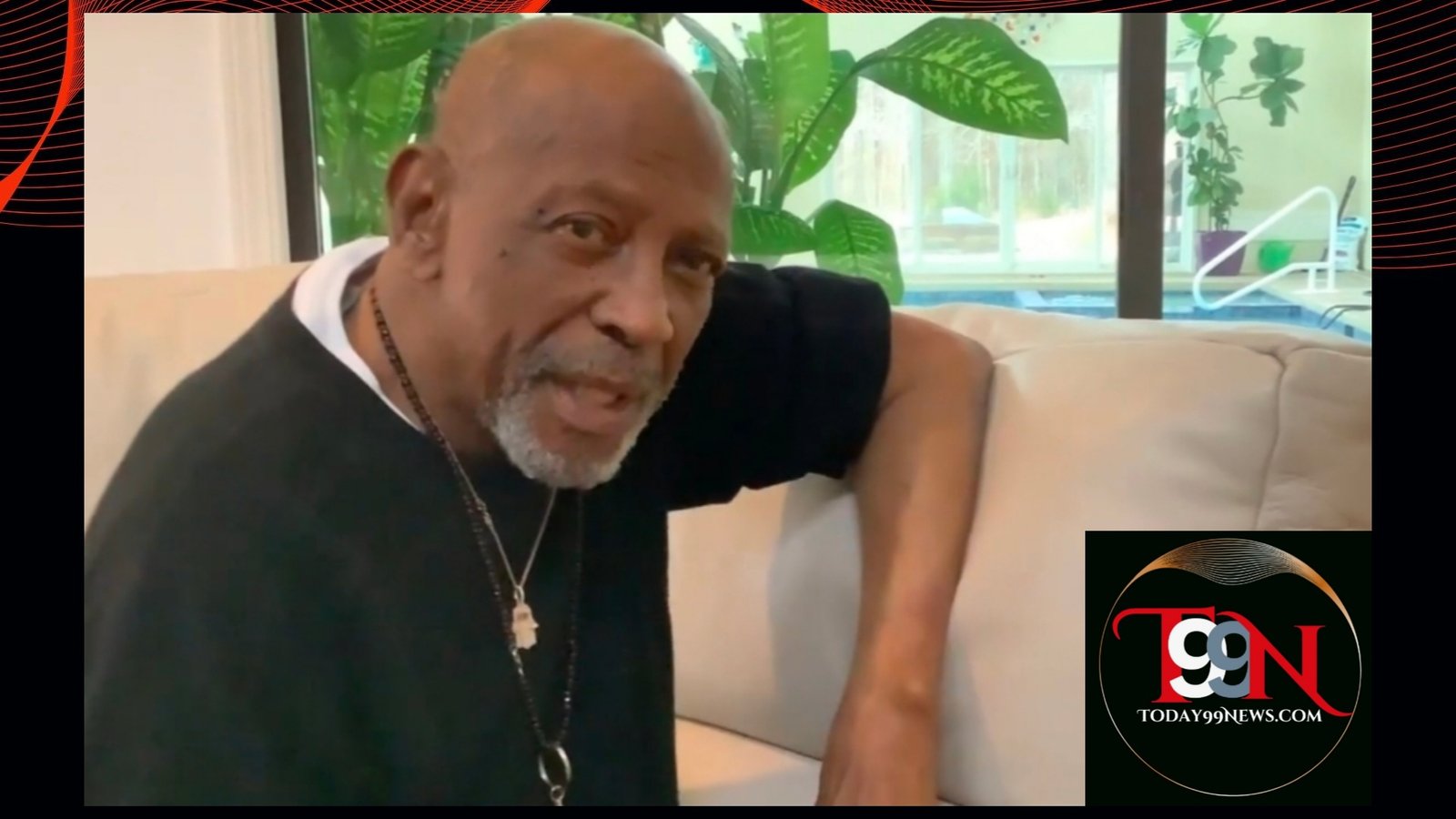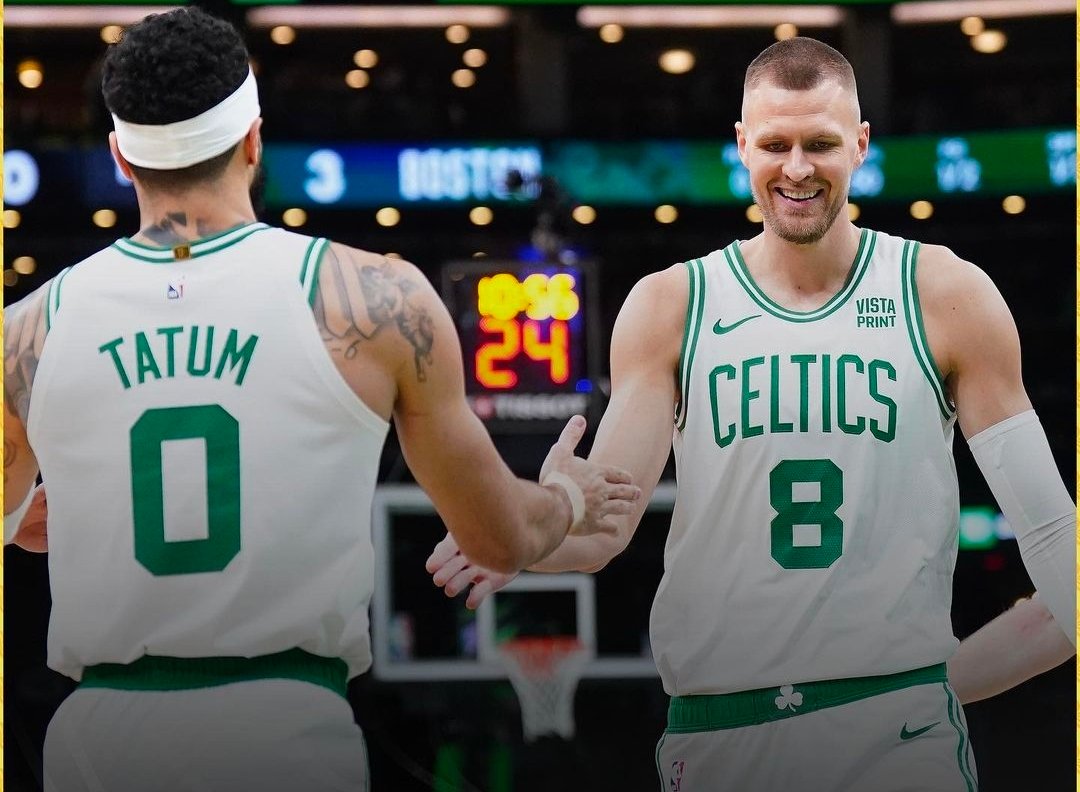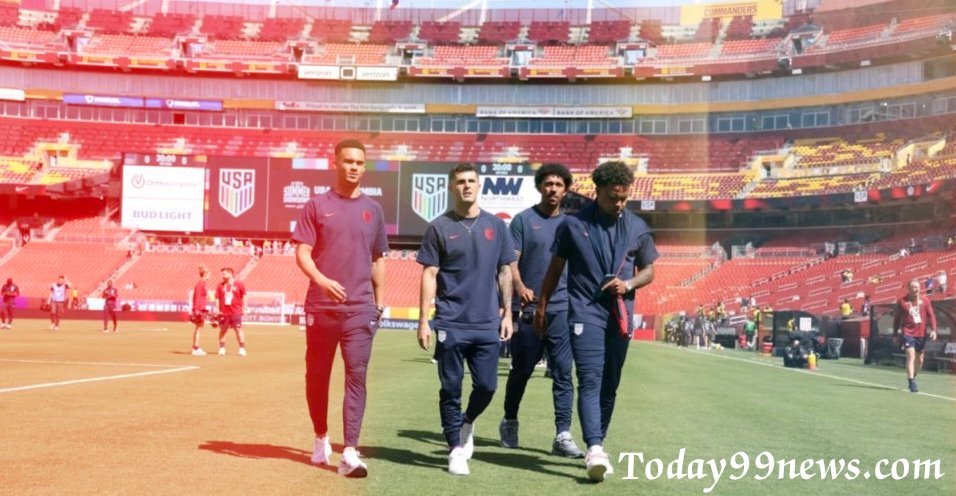Louis Gossett Jr., an assistant actor and a major character in the TV miniseries “Roots,” was the first African-American to win an Oscar for Best Supporting Actor. He passed yesterday at the age of 87.

Los Angeles Actor Louis Gossett Jr., who won an Emmy for his performance in the critically acclaimed TV miniseries “Roots,” departed from this life at the age of 87. He received the Best Supporting Actor Oscar, being the first African-American to do so.
The Associated Press was informed by Gossett’s half-brother Neil L. Gossett that the actor had died in Santa Monica, California. Gossett passed away on Friday morning, according to a family statement; the cause of death was not stated.
His half-brother, looking back on his life, recalled him as a relative who faced prejudice with humor and dignity, as well as someone who walked with Nelson Mandela and had a fantastic sense of humor.
His half-brother remarked, “Don’t care about the awards, the glitz and glamour, the Rolls-Royces, and the big houses in Malibu.” “It’s about the humanity of the people he stood for.”
Louis Gossett always seen his early career as a Cinderella tale in which he achieved early success and went on to win an Academy Award for the film “An Officer and a Gentleman.”
His outstanding portrayal as Fiddler in the ground-breaking 1977 miniseries “Roots,” which portrayed the horrors of slavery, had a profound effect on the small screen. John Amos, LeVar Burton, and Ben Vereen were among the ensemble cast members.
Gossett was the third African American to receive an Oscar nomination for Best Supporting Actor in 1983. Acclaimed for his spooky performance as a severe drill teacher in “An Officer and a Gentleman,” he shared the prize with Richard Gere and Debra Winger. For the same part, he was also awarded a Golden Globe.
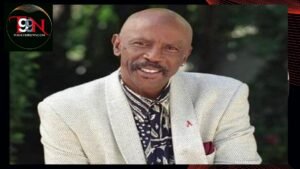
“As a Black actor, it was a validation of my status more than anything,” he said in his memoir “An Actor and a Gentleman,” published in 2010.
A Lucky Interlude
After becoming injured and being cut from the basketball team, he won his first acting award in the “You Can’t Take It With You” play at his Brooklyn high school.
In his memoir, he stated, “I was affected by it, and so were my audiences.”
Inspired by his English teacher to make a bold move, he traveled to Manhattan and, in 1953, at the age of sixteen, landed a Broadway role.
He admitted, “I had minimal understanding of what it meant to feel nervous. Reflecting on it now, I realize I should have been overwhelmed with fear when I stepped onto that stage, yet surprisingly, I remained unfazed.”
Gossett attended New York University on a scholarship to play drama and basketball. Soon after, he started appearing in TV plays and singing on programs hosted by Steve Allen, Jack Parr, Red Buttons, Ed Sullivan, Marv Griffin, and David Suskind.
He became acquaintances with James Dean and studied acting in an Actors Studio branch headed by Frank Silvera, with coaching from Lee Strasberg, with Marilyn Monroe, Martin Landau, and Steve McQueen.
In the year 1959, Gossett garnered widespread praise for his portrayal within the esteemed Broadway rendition of “A Raisin in the Sun,” sharing the stage with luminaries such as Sidney Poitier, Ruby Dee, and Diana Sands, earning acclaim that resonated throughout theatrical circles.
He became a Broadway star in 1964, taking over the role of Billie Denham from Sammy Davis Jr. in “Golden Boy.”

Confronting Racism, LA-Style
In 1961, Gossett went to Hollywood to make a film version of “A Raisin in the Sun.” He had bitter memories of the trip when he stayed in a cockroach-infested motel, one of the few places that allowed Black people.
He made his way back to Hollywood in 1968 to play a major part in “Companions in Nightmare,” the first made-for-TV film from NBC that starred Melvyn Douglas, Anne Baxter, and Patrick O’Neal.
Lou Gossett Jr. talks about his difficult Hollywood debut.
This time, Universal Studios had a convertible reserved for Gossett at the Beverly Hills Hotel. But after he got his car, he was stopped by Los Angeles County Sheriff’s deputies on his way back to the hotel, and they told him to put the top back on his car and turn down the radio before they would release him.
Eight sheriff’s deputies stopped him again within minutes, making him kneel in front of his car and telling him to phone the rental agency to get the trunk opened before he could go away.
Gossett writes in his autobiography, “While I understood that I had no choice but to endure this mistreatment, it was a terrible way to behave, a dehumanizing way.” “I realized it was happening because I was Black and driving a fancy car – in their minds, I had no right to drive.”
He went for a walk after supper at the hotel and was stopped a block away by a policeman who informed him that by leaving his house after 9 p.m., he had broken a residential curfew in Beverly Hills. Gossett claimed he was shackled to a tree and held for three hours after three more officers showed there. The original police car returned, and he was ultimately set free.
He recounted, “In that moment, I found myself confronting the stark reality of racism, and it was a chilling tableau.” “Yet, it failed to shatter my resolve.”
Gossett claimed in the later part of the 1990s that he was stopped by police in 1986 for traveling along the serene Malibu shoreline while he was driving along the Pacific Coast Highway with his then-wife. After telling him he fit the description of the person they were looking for, the officer walked away.
To contribute to the eradication of racism, he founded the Eracism Foundation.
Everyone is almost remembering the Mansons Family. Rumor has it that Louis Cameron Gossett Jr. appeared in guest spots on television series such as “Bonanza,” “The Rockford Files,” “The Mod Squad,” and “McCloud.” He also had a noteworthy stint with Richard Pryor in “The Partridge Family.”
Actor Sharon Tate welcomed Gossett to her home in August 1969 when he was having fun with Manson family members. He first went home to change into fresh clothes and have a shower. He noticed a news flash about Tate’s murder on TV as he was preparing to depart. Charles Manson’s cronies murdered her and several others that evening.
He said, “There must be a reason why I survived this bullet.”
On May 27, 1936, in Brooklyn, New York, on the island of Kony, Louis Cameron Gossett Jr. was born. His parents were Helen, a nurse, and Louis Sr., a janitor. Later on, he honored his father by adding “Junior” to his name.
Gossett stated, “The Oscars enabled me to pick good characters in films like ‘An Officer and a Gentleman,’ ‘Sadat,’ and ‘Iron Eagle.'” This is according to Dave Karger’s 2024 book “50 Oscar Nights.”
His Oscar statue, he said, is kept in storage.
He stated in the book, “In order to avoid having to retain it, I’m going to give it to a library. I had to get away from it.
Gained but Not Advanced TV films that Gossett starred in included “Backstairs at the White House,” “The Story of Seabiscuit,” “The Josephine Baker Story,” for which he received a second Golden Globe, and “Roots: The Next Generations.”
However, he claimed that receiving Oscars didn’t alter the reality that all of his parts were supporting ones.
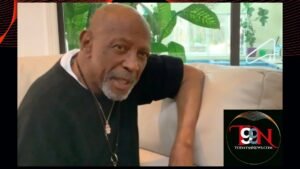
He portrayed a recalcitrant father in the 2023 adaptation of “The Color Purple.”
Gossett battled alcohol and cocaine addiction for years after winning the Oscar. After entering rehab, he was told he had toxic mold syndrome, which he attributed to his Malibu house.
Gossett revealed he had prostate cancer in 2010 and claimed it had been discovered in its early stages. He spent 2020 in a hospital due to COVID-19.
His children are Satie, a producer-director from his second marriage, and Sharon, a chef he adopted after observing him in a television program about underprivileged kids. The actor Robert Gossett is his first stepbrother.
Gossett and Hattie Glascock called off their first marriage. His third marriage to actress Cindy James-Reyz terminated in 1992, as did his second marriage to Christina Mangosing, which ended in divorce in 1975.











